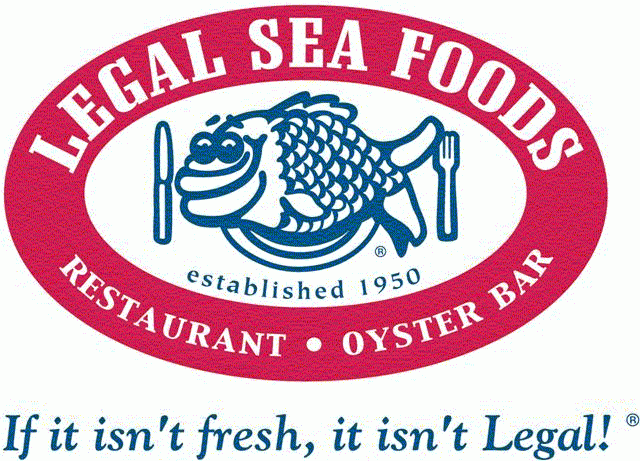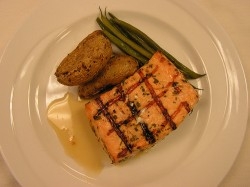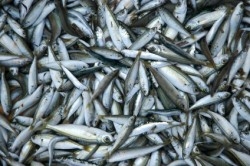
Legal Sea Foods Ads Miss the Boat
“Save the crab. Save it to show that every creature is sacred, no matter how small.”
The first five seconds of the new ad campaign by Legal Sea Foods sounds more like a public service announcement about ocean conservation than an ad for a restaurant. Combined with peaceful music and an image of a lone crab walking along an unspoiled seashore, viewers might initially believe they are viewing a Greenpeace commercial. But just as quickly as it started, the ad pulls an unexpected reversal to tell viewers to indeed save the crab… but for your dinner:
“Or just save it so we can chop it up into tasty little crab cakes.”

The commercial is one of three new provocative advertisements by Legal Sea Foods, leading many to believe the Boston-based company is fishing for controversy. Legal Sea Foods boasts 32 restaurants across Eastern United States, and is praised for its’ extensive specialty seafood menu. The company markets itself as having only the freshest fish, abiding by the slogan, “If it isn’t fresh, it isn’t legal!” The other two commercials follow a similar pattern, initially coaxing viewers to save salmon “so our children can witness the grace and beauty of our noble fish,” or trout, “so they can swim another day.” Yet again, although definitely tongue-in-cheek, they distastefully (no pun intended) suggest we should only save salmon “so we can sauté it with our fabulous lemon chive butter sauce,” or trout, “so we can grill that baby up real nice!”
The problem with the ad-campaign lies in the fact that it suggests one must make a choice – either save fish, or eat fish, and nothing in between. In actuality, the issue surrounding seafood sustainability discourse is much more complex. The director of Greenpeace Oceans, John Hocevar, put it best: “The choice isn’t between putting fish on a pedestal or eating them, it’s between reforming the way we produce our seafood or irrevocably degrading our oceans.”

Over less than a century, fisheries worldwide have both drastically reduced fish populations and damaged marine ecosystems. Many fish stocks have been over-exploited and in some cases, completely depleted. Canadians are all too familiar with this scenario, given the devastating cod fisheries collapse. In 1992, the once thriving East coast cod fishing industry came to a complete and full stop, when at the start of the season, no fish appeared. Not only did this signify detrimental effects to the ecosystem, but it also meant that more than 40,000 people lost their jobs. This cautionary tale is not to say we should stop eating seafood altogether, but clearly we must advocate for more sustainable practices. Advertising campaigns such as the ones by Legal Seafoods are detrimental to how people view our natural resources.
It is also ironic that these commercials were released at a time when some U.S. states and some Canadian municipal governments, such as Brantford, Oakville, and Toronto, have passed or are proposing a bylaw against shark fin sale, purchase, or possession. It is surprising that Legal Sea Foods appears to be so out of touch (or perhaps insensitive) to current environmental trends.
If companies and consumers continue to act by the ideology of “man dominating nature”, we are at risk of losing not only just species, but entire ecosystems. Additionally, we are at risk of losing an important food source that many depend on for economic, social, and dietary reasons. The state of our oceans today is no joke – so let’s not treat it as such.













